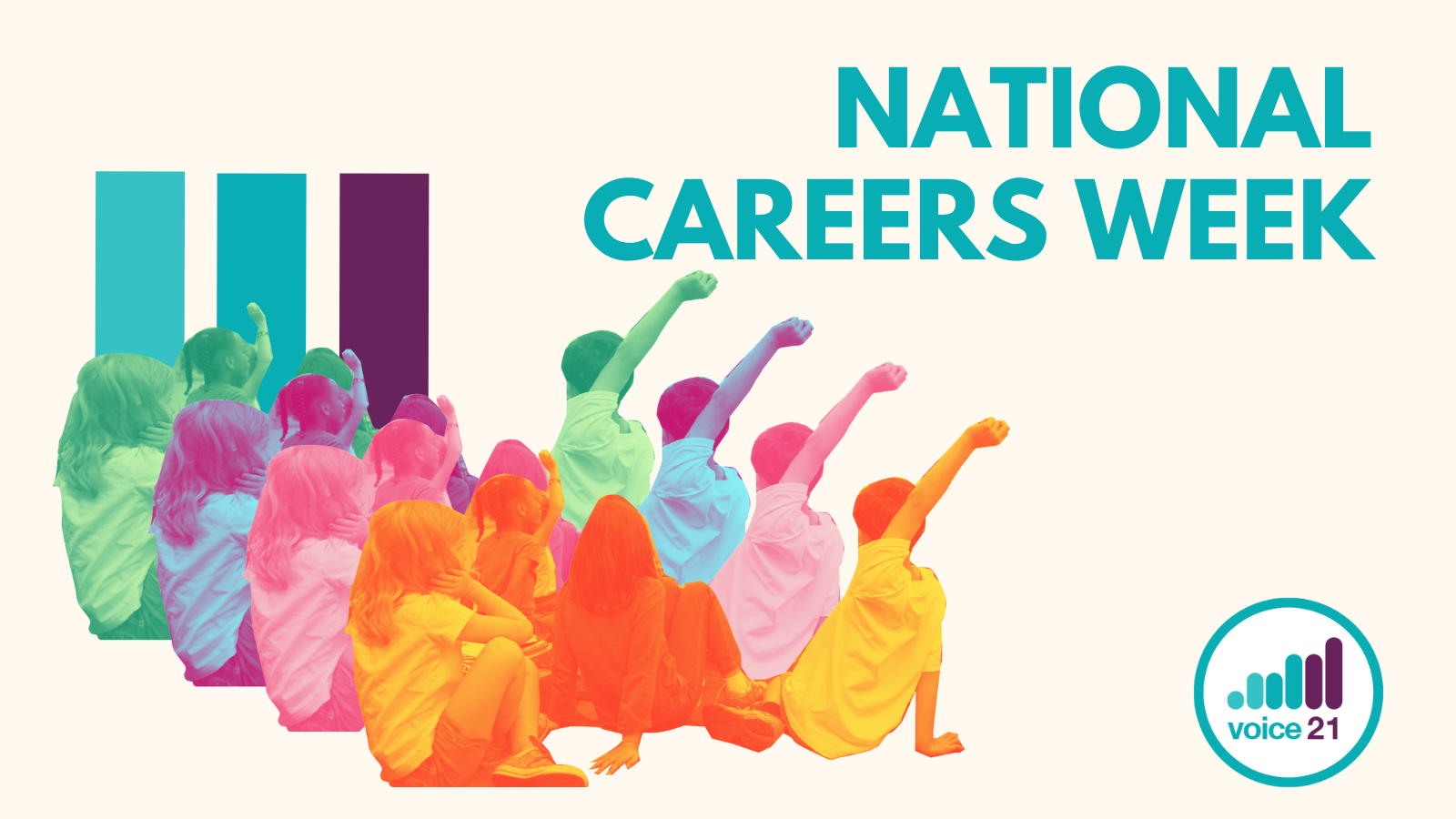
This week is National Careers Week, a week focused on the celebration of careers activity and education to help children and young people prepare for their futures. In this blog, we will explore why oracy should be a vital component of any careers programme.
Firstly, to prepare students for the ‘future of work’, it is important that we equip students with the oracy skills required to effectively collaborate with others. As more and more key workplace tasks are automated, the jobs that cannot be automated, which involve human interaction and working with others, will have the highest wage-growth potential. Oracy is a hugely valued skill in the workplace; last year a survey of over 23,000 employers uncovered the skills required by organisations: communication and interpersonal skills topped the list.
The Gatsby Benchmarks are the basis of the government’s careers strategy and have been very influential, particularly in secondary schools. However, in order to benefit from the principles outlined, such as meaningful encounters with employers, first-hand experience of the workplace or guidance interviews with careers advisers, students first need to be taught the appropriate oracy skills and be given the chance to practice them. For example, what types of questions might be useful when speaking to an employer? What level of formality is appropriate when speaking in the workplace?
The Oracy Framework is an excellent starting point when preparing students to benefit from these opportunities. When getting students ready for oracy in a specific context, consider each of the four strands. When getting ready for a mock interview with an employer, for example, you could use the Oracy Framework as the basis for feedback on what they did well and how they could improve next time. Perhaps they built a great rapport with the interviewer (social-emotional) but didn’t give clear enough examples to illustrate their points (cognitive).
Secondly, oracy-based activities in which students are encouraged to discuss their plans, aspirations and dreams for the future are an important part of any careers programme. More Than a Job’s Worth: Making Careers Education Age-Appropriate sets out a range of different activities that students of all ages can engage in to improve their knowledge and understanding of the world of work. For most of these, including role play, discussing parents’ jobs, enterprise activities, work experience and careers coaching, oracy is central and it’s worth considering how you teach students the oracy skills necessary to engage successfully in these activities.
Engaging in purposeful oracy tasks linked to careers education can also be an excellent way of challenging stereotypes and preconceived ideas about who should do which jobs. In this activity when students were asked to draw people in different jobs such as a ‘surgeon’, ‘firefighter’ or ‘fighter pilot’, over 90% of students drew a picture of a man. Why not recreate this activity, or watch this video with your students, and use as a stimulus to discuss gender stereotyping and how this affects them?
Equipping young people with the skills they need for life is vitally important and something at Voice 21 we are passionate about. We hope that you find these tips useful and are able to meaningfully embed them into your classroom this National Careers Week and beyond.
© 2024 Voice 21. Voice 21 is a registered charity in England and Wales. Charity number 1152672 | Company no. 08165798